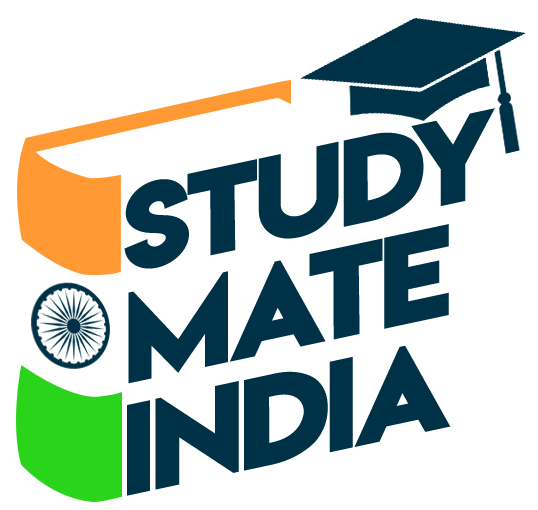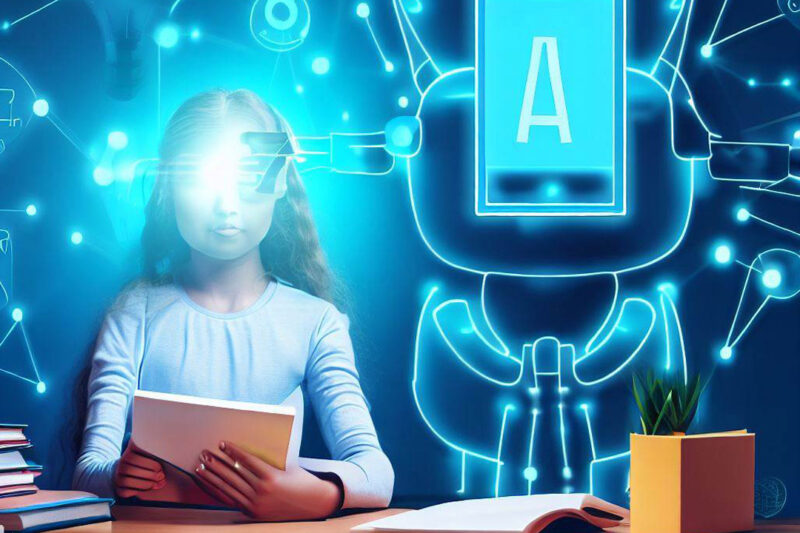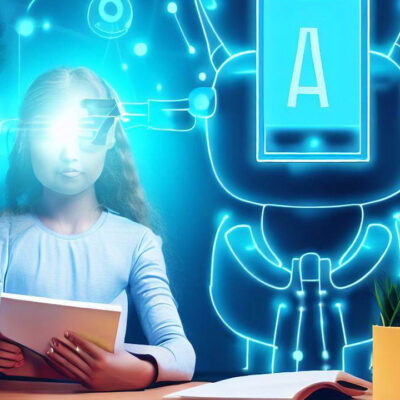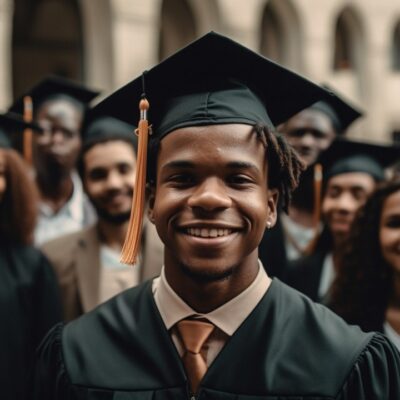AI tools have opened new horizons in the academic world. The way they are integrated into your learning systems can make a difference in the experience. Even African students who want to study in Indian universities can also take advantage of AI tools for their educational purposes. Some institutions even use Generative Artificial Intelligence to develop new content based on patterns.
Know about Generative AI systems used for educational purposes.
Generative AI systems can interpret your input to produce natural language text. It comprises different parameters trained on vast textual data (like websites, books, and articles). That is why it can do different tasks, such as caption creation, essay writing, text summarization, and story generation. The system develops new content depending on the existing content patterns.
Other ways in which generative AI promotes better education-
Create academic resources
Generative AI is known for developing educational resources, such as quizzes, exercises, and questions. The use of this AI technology in the curriculum also simplifies the creation of eBooks. The Indian education system will benefit from it because students and teachers can access diverse educational materials for better engagement and comprehension.
Personalize learning experiences
Implementation of Generative AI in the educational world helps with personalization. If you use AI for creating a curriculum, it lets you tailor academic content.
AI algorithms streamline student data evaluation because they detect patterns related to interests and performance. Depending on the analyzed data, these algorithms provide learning content that meets students’ needs. Thus, Indian universities can provide the best global learning experiences for every student.
Instant feedback and adaptive learning
The academic world will embrace adaptive learning that relies on AI technology. It involves
real-time adaption of learning content and data. The AI-based learning systems allow teachers to track data, which is important for evaluating the student’s progress. AI algorithms are also useful for making question papers and assignments and questions depending on learners’ learning abilities. This innovative approach will make the learning process more effective.
Improve learner engagement and boost creativity
Students can augment their creativity using Generative AI. For instance, they can participate in the music creation process using AI systems. The technology also nurtures curiosity and allows students to be engaged in the learning processes.
Are there challenges in using Generative AI for education?
Privacy is one of the biggest concerns for using Generative AI systems in the academic world. AI systems give you access to a high volume of data to produce content. If the data is about student’s sensitive details, there is a risk of data breaches. So, academic institutions should implement procedures that safeguard student’s data and ensure privacy. Generative AI systems for learning purposes need to be more sophisticated to avoid these problems in the future.
Conclusion
The AI technology is constantly evolving, and it will improve over time. African students who want overseas education opportunities in India can also take advantage of this technology.
Learn more about the impact of Generative AI on education.

